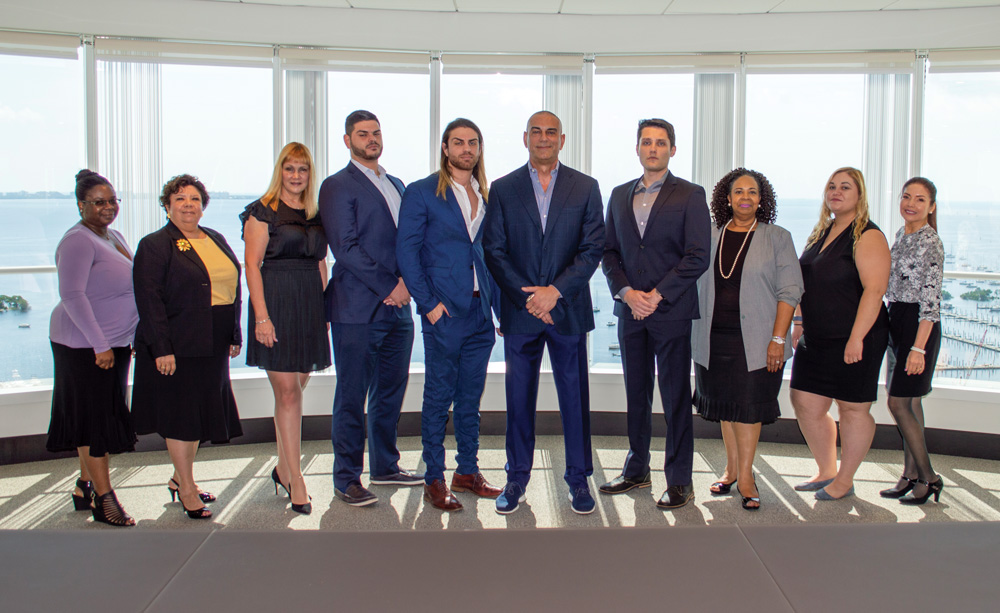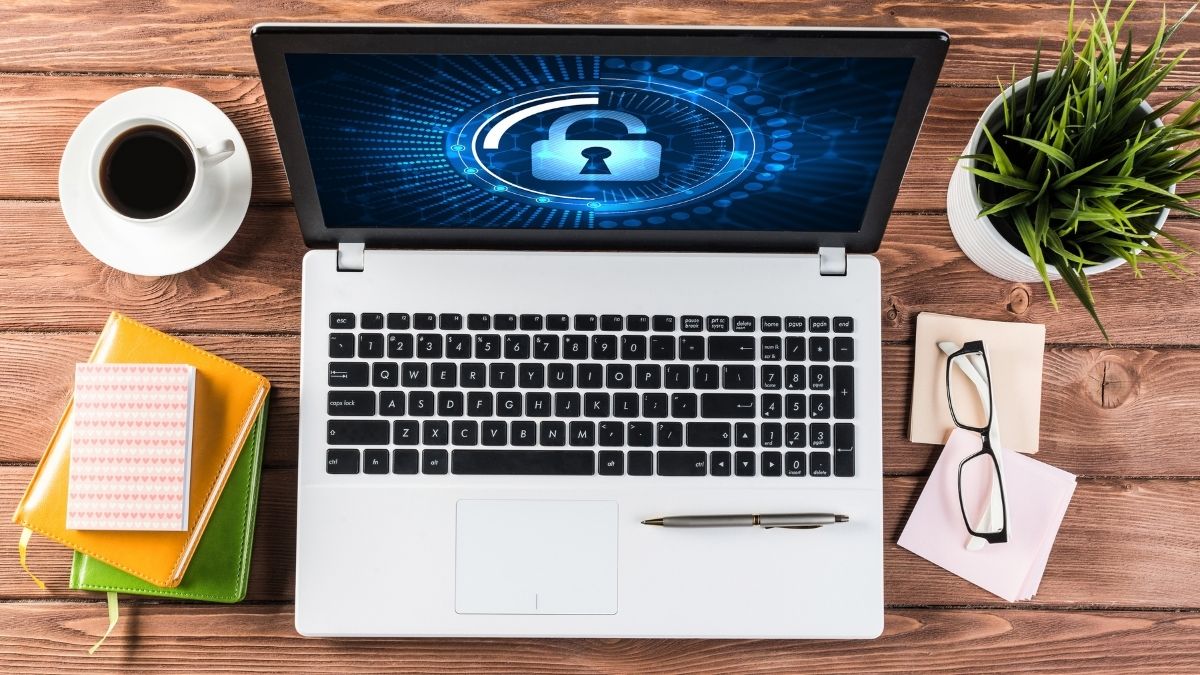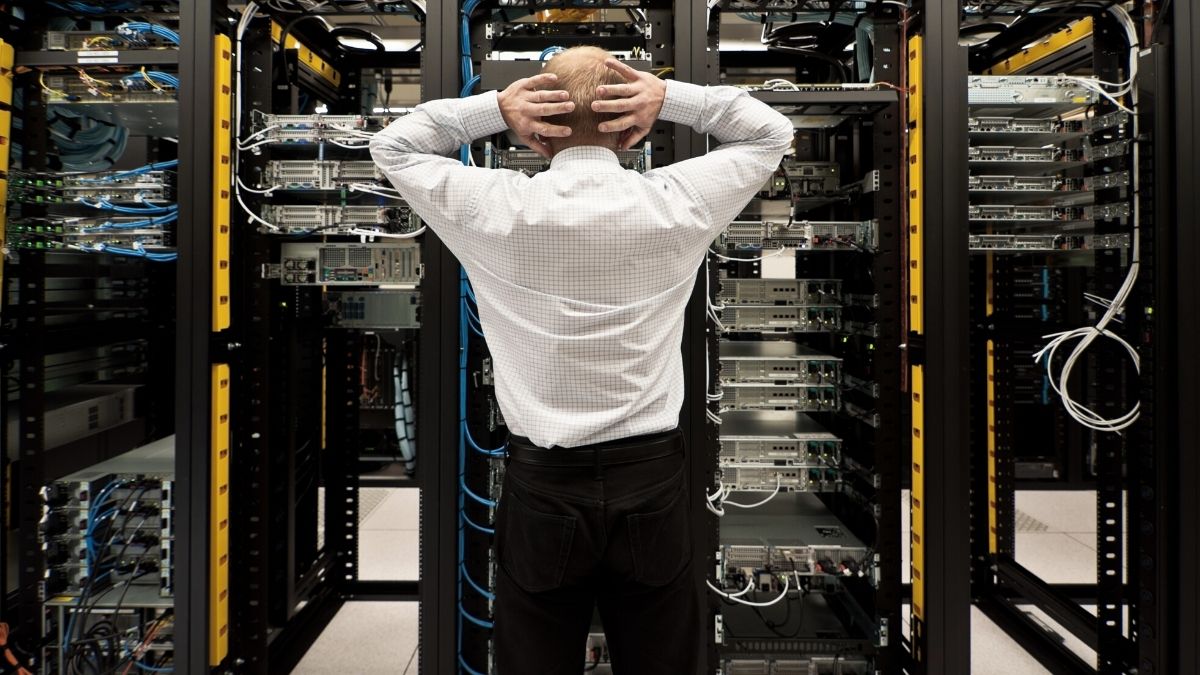It was an anonymous tip that changed the course of Joe Palmar’s business.
The longtime financial executive (he held positions with EY and Diplomat Properties among others) was at the helm of the consulting firm he established in 2001 when an anonymous tip about a client came to his attention. After years of offering his clients outsourced CFO services, he took the tip to heart and ended up uncovering a fraud that eventually brought in the FBI and IRS and saw 12 people go to prison. It was then that Palmar saw an opportunity to help others who may be—unknowingly—in the same situation. “Payroll and vendor fraud is not new at all, it actually dates back centuries,” says Palmar, who works alongside his wife, Leslie and sons Jonathan (CFE) and Michael at the company, now named Palmar Forensics. “But no one really thinks through that aspect of fraud. Because of this anonymous letter we realized that.”
Palmar Forensics A New Breed of Fraud Fighters Focused on Vendors, Shell Companies, & Disbursements
Today, Palmar, a CPA and Certified Fraud Examiner (CFE), as well Certified in Financial Forensics (CFF), and his team work with clients across the board to ensure they “sleep well at night,” by not only investigating possible fraud, but helping them get ahead of what Palmar says can lead to a costly end. “We’re finding what’s hidden in plain sight,” he says. “The needle in a haystack. Because of our experience we can see it with a trained eye, we can spot the patterns.”
A client of yours inspired Palmar’s turn into fraud detection and prevention. Tell us about that experience.
It started when they received an anonymous letter from a whistleblower. Our client turned the situation over to us to investigate the department it was coming from. That investigation took three years, and involved the IRS, the FBI and the US attorney. The result was that 12 people went to prison, 25 vendors were asked not to do business with them any longer and six employees were fired. It was a longtime scheme involving bid rigging and fictitious vendors. It showed me how prevalent this type of fraud is and how little we really know about our vendors.
Why is the vendor space so primed for problems and what can businesses do to protect themselves?
Vendor-related fraud is not highly discussed or taught. In all my years of training and education, it was not an area that we had much exposure to, so I found it interesting. It’s not dependent on industry or business cycle. Think about it: Almost every organization has vendors and the only way money leaves business is through payroll or vendor payments. The question is: does anyone really know their vendors? Banks ask you questions before you open a bank account; they want to see corporate articles, filings, officers… they know who they’re doing business with. But most people have no idea who they are doing business with.
Forget cyber security or billing scams, the biggest threat to your business may just be lurking in plain sight.
You must know your vendors. We recently worked with a client who had suspicions about a vendor who was providing a crucial service to the organization. We began to investigate and found that one of the officers of that company had almost 20 criminal records, including second-degree murder and kidnapping. Is that someone you want inside the four walls of your office? South Florida is the fraud capital of the United States. We’re trying to provide education to the community; to enlighten them on how they can protect themselves. Organizations need to routinely check that their vendors have a federal employer ID number as well as run credit and background checks at a minimum.
Why do clients typically come to you?
A lot of clients come to us after something has happened, but I always say that’s the costliest way to handle the situation. Businesses need to be proactive with protection. When we work with clients, we try to get out ahead of any issues. We recently had a call from the CFO of a large organization who said, “I sign the checks and I want to sleep well at night.” This is how we protect preemptively. We look at the vendor population and we stress test it. We look for anomalies, for fictitious vendors. Our experience and our software allow us to spot patterns that look problematic so we can immediately hone in and identify anything suspicious.
Fraud detection is obviously a complicated, detail-oriented task. What are the benefits of bringing in outside help?
In most frauds it’s not like they are doing it in front of you and you know about it. They try to conceal it. You might not think you have a problem until it affects you negatively, personally and reputationally. This costs you money, time, reputation, employee morale…
There is no such thing as small fraud. They are just frauds that have not had a chance to mature yet. The fraudsters start small and slowly keep raising the bar sending just one more fake invoice, a bit larger than the last. It’s like looking at an employee who has been there for years, who never takes a vacation. The minute they leave and someone else gets involved in their area the documents, emails, phone calls, it’s over. Someone new looks at an account or statement and plainly sees the issues. Once fraudsters realize people are looking, they tend to move on. They’re looking for easy targets.
“I’ll leave you with this thought…know thy vendors, for what you don’t know can and often does hurt you!
You can find out more about Palmar Forensics by visiting palmarforensics.com, or by calling (833) 2-ANALYZE.














 Deering Estate
Deering Estate
 Massage Envy South Miami
Massage Envy South Miami
 Calla Blow Dry
Calla Blow Dry
 My Derma Clinic
My Derma Clinic
 Sushi Maki
Sushi Maki
 Sports Grill
Sports Grill
 The Healthy Kitchen
The Healthy Kitchen
 Golden Rule Seafood
Golden Rule Seafood
 Malanga Cuban Café
Malanga Cuban Café

 Kathleen Ballard
Kathleen Ballard
 Panter, Panter & Sampedro
Panter, Panter & Sampedro
 Vintage Liquors
Vintage Liquors
 The Dog from Ipanema
The Dog from Ipanema
 Rubinstein Family Chiropractic
Rubinstein Family Chiropractic
 Your Pet’s Best
Your Pet’s Best
 Indigo Republic
Indigo Republic




 ATR Luxury Homes
ATR Luxury Homes


 2112 Design Studio
2112 Design Studio
 Hamilton Fox & Company
Hamilton Fox & Company
 Creative Design Services
Creative Design Services
 Best Pest Professionals
Best Pest Professionals
 HD Tree Services
HD Tree Services
 Trinity Air Conditioning Company
Trinity Air Conditioning Company
 Cisca Construction & Development
Cisca Construction & Development
 Mosquito Joe
Mosquito Joe
 Cutler Bay Solar Solutions
Cutler Bay Solar Solutions


 Miami Royal Ballet & Dance
Miami Royal Ballet & Dance
 Christopher Columbus
Christopher Columbus
 Pineview Preschools
Pineview Preschools
 Westminster
Westminster
 Carrollton
Carrollton
 Lil’ Jungle
Lil’ Jungle
 Frost Science Museum
Frost Science Museum
 Palmer Trinity School
Palmer Trinity School
 South Florida Music
South Florida Music
 Pinecrest Orthodontics
Pinecrest Orthodontics
 Dr. Bob Pediatric Dentist
Dr. Bob Pediatric Dentist
 d.pediatrics
d.pediatrics
 South Miami Women’s Health
South Miami Women’s Health

 The Spot Barbershop
The Spot Barbershop
 My Derma Clinic
My Derma Clinic




 Miami Dance Project
Miami Dance Project

 Rubinstein Family Chiropractic
Rubinstein Family Chiropractic
 Indigo Republic
Indigo Republic

 Safes Universe
Safes Universe
 Vintage Liquors
Vintage Liquors
 Evenings Delight
Evenings Delight





 Atchana’s Homegrown Thai
Atchana’s Homegrown Thai
 Baptist Health South Florida
Baptist Health South Florida

 Laser Eye Center of Miami
Laser Eye Center of Miami
 Visiting Angels
Visiting Angels
 OpusCare of South Florida
OpusCare of South Florida

 Your Pet’s Best
Your Pet’s Best





 HD Tree Services
HD Tree Services
 Hamilton Fox & Company
Hamilton Fox & Company


 Creative Design Services
Creative Design Services